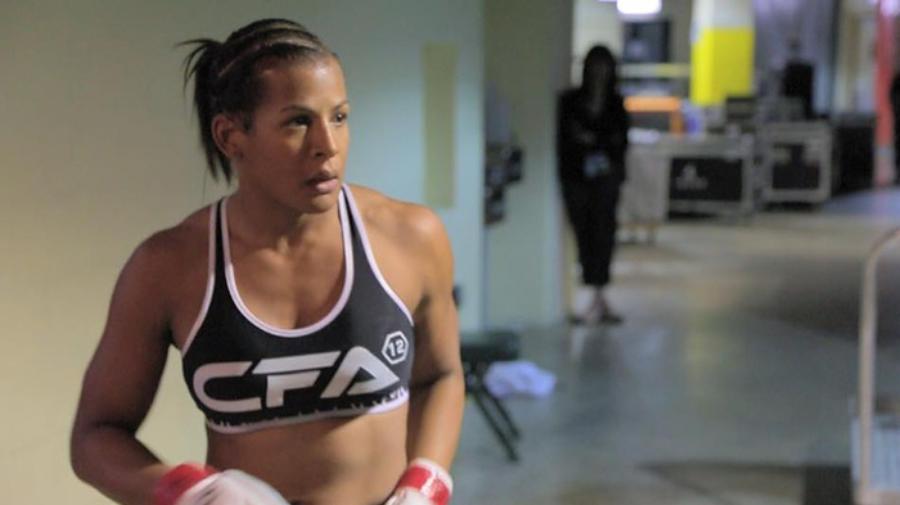Laurel Hubbard
3By Harbour Heather
If you’re not familiar with the name Laurel Hubbard, you soon will be.
Making most mainstream news this weekend was Laurel’s selection in the New Zealand women’s weightlifting team for the upcoming Australian International, which is a step on the path to selection for the Commonwealth Games. Not all minority sports get mainstream news coverage when they announce squads for pre-selection meets. The big deal? Laurel is transgender.
Next year, we could have a transgender Commonwealth medallist.
As a nation, we have the opportunity to show we’re genuine when we speak of acceptance. We were the 13th country in the world to legalise same-sex marriage, so we have a reputation and track record of treating LGBTQ (lesbian, gay, bisexual, transsexual, questioning – often summed up with the all-encompassing term ‘queer’) issues with respect and relative pace. Legislation is one thing. Reality is another.
In this day and age, everyone wants to be seen to be doing and saying ‘the right thing’. Sportspeople, politicians, celebrities and businesspeople are aware of how damaging any disparaging comments can be on their career, profits and goodwill. As a result, LGBTQ sportspeople hear comforting things about how they’re welcome in a locker room, to compete on a level playing field with no discrimination. But the reality can be much different. It’s almost as if those comments are saying “We welcome gay/lesbian/trans players in our sport, just not in our locker room.” At grassroots, without the pressure of media coverage and severe career repercussions, sledging can turn into abuse, and ignorance creates isolation.
Laurel has no doubt gone through a lot, physically and emotionally, to get to this point, but I fear the biggest fight may be before her – dealing with the response of the New Zealand public. Specifically, the New Zealand sports public, the majority of whom, as a generalisation, will be uneducated and unfamiliar with trans issues. There will be, and should be, discussion on transitioning, the ins and outs, the ramifications. Normalising transgender people in society, and thus, sport, is something we need to address. For Laurel, she has the dubious privilege of being the first. It would be nice for the country to show the maturity and acceptance we claim to have as we discuss this. We can debate the specifics and become educated in the process. We can ask questions about ‘how’ this works, scientifically and hormonally, with full respect to human rights and compassion.
This situation will show where we stand as a nation. It will serve as an example. I don’t think that can be overstated. Whether she wants to be or not, Laurel will be watched by questioning or trans youth who are wanting to make their way in professional sport, or perhaps just even in life. How we as a country treat her now, as her selection hits the media, and how we treat her subsequent performances, will speak volumes. It’s not easy for queer youth as it is, and if Laurel is maligned, insulted or discriminated against, it will further complicate their journey to acceptance, both personally and in their communities.
We’re yet to have someone tread this path in the public eye of sport, and we have the opportunity to accept Laurel for the sportsperson she is. Because, really, that’s all we have the right to comment on.
And we need to remember, Laurel is not breaking any rules. In 2015, the IOC’s Sex Reassignment /Hypoandrogenism Consensus Meeting declared that “trans athletes are not [to be] excluded from the opportunity to participate in sporting competition”, and ruled that male-to-female transgender athletes must meet strict hormonal criteria. In accordance with this, Laurel has been sending monthly tests results to Olympic Weightlifting New Zealand (OWNZ) for over two years, indicating her testosterone levels are lower than 10 nanomoles per litre. This is her evidence that there will be no hormonal advantage over her competitors.
If you’re interested, watch Game Face on Netflix. It follows Fallon Fox, the first openly transgender MMA fighter. While, as the protagonist, the doco is designed to make us empathise with her, it still shows an insight into what she faced in competition and the media once her transition became public.
To her credit, according to Emma Pilkington from OWNZ, Laurel is keeping her head down and training, wanting to focus 100% on competing to the best of her ability at the Australian International. And isn’t that what we, as patriotic Kiwis, should all want too?
Author’s note: I would like to acknowledge my position of privilege in writing this piece is that of a straight, white female. While LGBTQ issues are of importance and interest to me, I accept that none of the above has been written from a personally-informed position. I’m aware that there’s a lot of hetero, cis writing LGBTQ issues, and I hope the spirit of the piece is not offensive to anyone. Please feel free to reach out to me on Twitter for discussion, to educate me or engage in discourse around any LGBTQ issues which are misrepresented above. Heather.
Follow Heather on Twitter


Thoughtful piece, cheers. Ethically, the inclusion call is the right one… but is it the fair one? Don’t know..
I’m sure that Tracey Lambrechs has probably asked herself that question too, Paul. I heard on the news that she will now have to drop 17kg to compete in the lower weight class. That’s a substantial effort. It’s going to be an interesting follow, to see how the case is handled and how Laurel’s competitors treat her.
Too true. There may actually come a time where there will be a separate division in sports like weightlifting for non-gender specific athletes. Not beyond possibility?